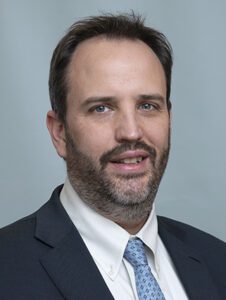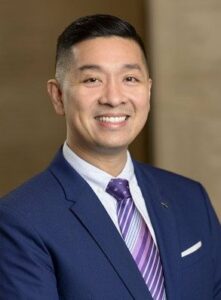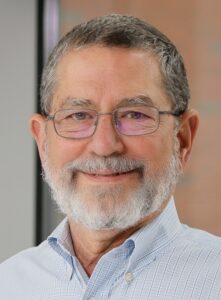Dr. Jessica Lin
Attending Physician, Massachusetts General Hospital Cancer Center
Assistant Professor of Medicine, Harvard Medical School
Dr. Jessica Lin is a medical oncologist specializing in the care of patients with thoracic malignancies. Dr. Lin received her MD from Harvard Medical School, Boston. After completing her residency in internal medicine at the Brigham and Women’s Hospital and fellowship in medical oncology at the Dana-Farber/Partners CancerCare program, she joined the faculty at Harvard Medical School and Massachusetts General Hospital Cancer Center. She has an active practice caring for patients in the Thoracic Oncology Program and the Henri and Belinda Termeer Center for Targeted Therapies.
The primary focus of Dr. Lin’s research is to develop novel therapeutic and biomarker strategies for patients with advanced lung cancers. As a clinical investigator, she is deeply involved in the design and conduct of clinical trials evaluating novel therapeutic agents. Her translational research efforts are dedicated to the study of resistance mechanisms and exceptional responses to targeted therapies in molecularly defined subsets of lung cancer, such as those harboring ALK, ROS1, or RET gene fusions. The ultimate goal of her research is to improve outcomes for patients living with lung cancer.
Dr. Lin is a member of the International Association for the Study of Lung Cancer, American Association for Cancer Research, European Society for Medical Oncology, and American Society of Clinical Oncology.









